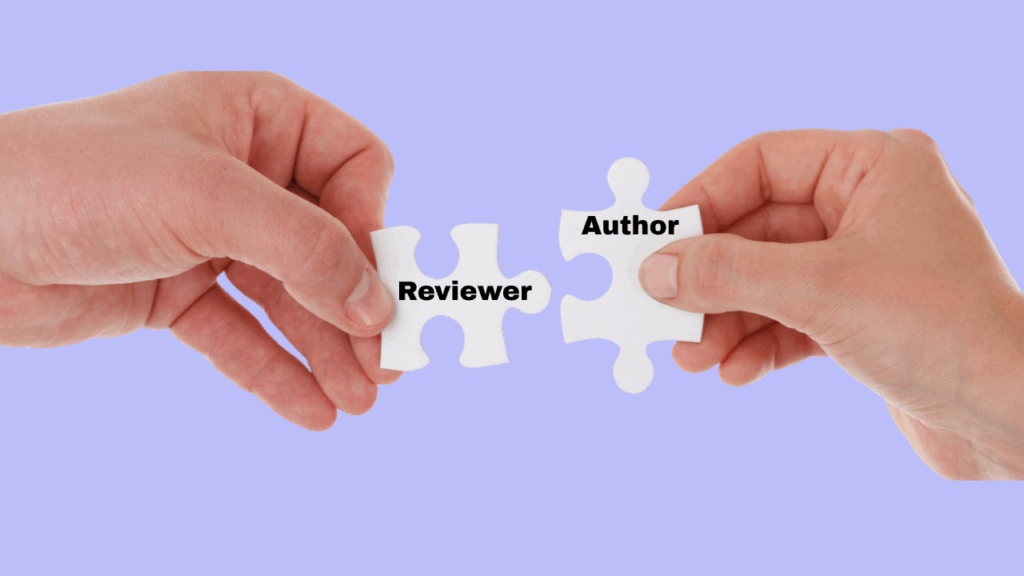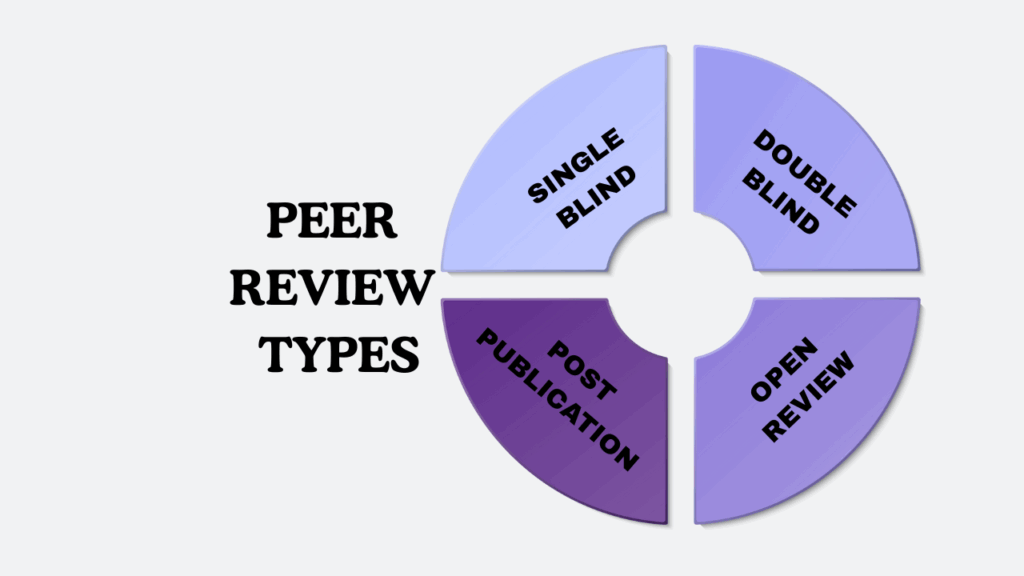Post-publication peer review and legal clashes: Should researchers be wary of commenting publicly?

The recent case of a defamation suit filed against PubPeer an online forum for anonymous, post-publication peer review—has created a buzz in the scientific community. The lawsuit has been filed by Fazlul Sarkar, a cancer researcher at Wayne State University in Detroit, Michigan, the author of more than 500 papers, and a principal investigator for more than $1,227,000 in active grants from the U.S. National Institutes of Health, on the grounds that anonymous derogatory comments posted on the site about his work cost him his job. Sarkar wants to uncover the identities of the anonymous commentators and press legal charges against them. This incident has brought to the fore several doubts academicians have long harbored about post-publication peer review such as:
- Would scientists be wary of commenting about a paper’s inaccuracy for the fear of legal action?
- To what extent should law interfere with science?
- Should whistleblowers be offered legal protection?
Pre-publication peer review is confidential; peer review reports are never revealed to the general public, which is why even highly critical views that may lead to a paper’s rejection do not attract charges of slander from authors. Moreover, authors are bound to respect the journal’s decision-making process and hence are more accepting of peer reviewer comments. In the case of post-publication peer review, however, the comments or responses to a paper are accessible to the public. Also, authors are wary of comments with malicious intent as they can adversely affect their reputation. Such comments can lead authors to respond aggressively, for example, by taking legal action. Although it is the basic right and duty of an expert to comment on a paper’s incorrectness, considering the PubPeer incident, researchers might contemplate the consequences of critiquing any researcher’s work. As the PubPeer’s moderators commented on their site, “The case may have to resolve what is perhaps the most vexed legal issue in post-publication peer review today: if features of published data are suggestive of misconduct, is it defamatory to draw attention to those features?”
The PubPeer issue brings to mind a strikingly similar incident that led to the closing down of the site Science Fraud. The whistleblower site run anonymously by Professor Paul Brookes, a researcher at the University of Rochester, had documented over 500 problematic images in over 300 publications, amounting to tens of millions of dollars in misappropriated research funds. This led to many retractions and corrections of research papers. However, the site was pulled down once it got embroiled in legal threats. Many researchers are, therefore, wary of commenting even anonymously on published research. In an interview after the site was pulled down, Paul Brookes said, “The fundamental idea is that discussing this stuff in public produces results, and it appears that when stuff is kept private less is done about it. There’s no reason to be afraid to question data.”
Both these incidents point to a crucial question: How much should libel laws interfere with science? Governments play a decisive role in protecting genuine whistleblowers from unwarranted legal threats. Scientists have long been making attempts to reform libel laws in favor of whistleblowers, and one of their successes is the redesigning of the UK’s Defamation Bill. The UK had laws that favored those claiming to having been defamed, but it was reformed to prevent whistleblowers from being forced to suppress their scientific criticism fearing legal threats. Similarly, the US protects rights to anonymous free speech, and PubPeer, which is contesting the law suit filed by Sarkar, is hinging on these legal protections for free speech and anonymity to defend itself. Alex Abdo of the American Civil Liberties Union in New York, which is assisting PubPeer with the case, opines that legitimate scientific questions should not be resolved through court proceedings, but through more discussion.
Post-publication peer review draws extreme opinions: While some consider it as an essential step toward preserving scientific integrity since published research is open to the scrutiny of all experts in the field, many others disfavor it for it can be used as a weapon by unidentified persons to make personal attacks on researchers. To make the commenting effective and productive, post-publication peer review sites should weed out any malicious comments. Additionally, identities of the commentators should be known to the sites’ moderators. Although post-publication peer review is not free of imperfections, researchers should be encouraged to point out questionable science because as Philip Moriarty, Professor of Physics at the University of Nottingham, rightly puts it, “If you are publicly funded and you put your research into the public domain but no one can criticise you for it without facing legal proceedings, that seems to me to be a very badly damaged system.”




